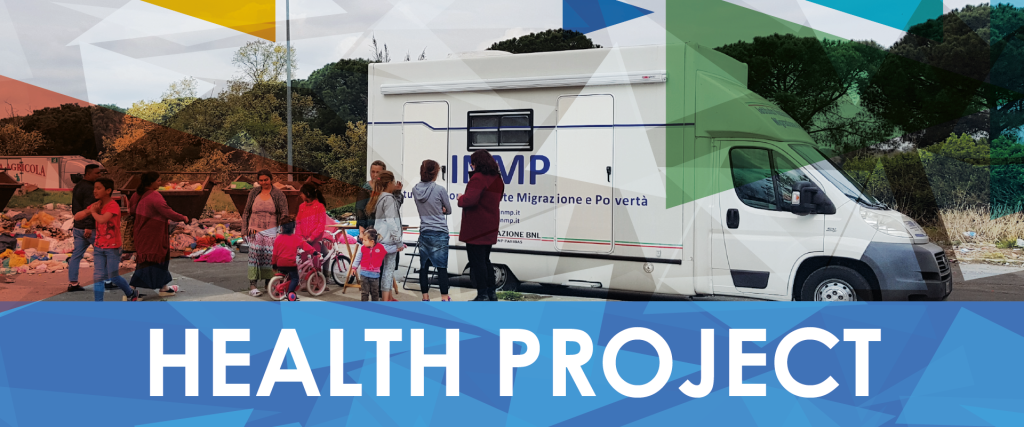The English summary of the health project is available

A common vision for equity in the protection of the health of Roma, Sinti and Caminanti communities
A stimulating meeting was held on December 6, 2022 in Rome, at the headquarters of the INMP, for the presentation of the report of the Health Project – Promotion of Strategies and Tools for Equity in Access to Health Care for Roma, Sinti and Caminanti, which the INMP (funded by the National Operational Programme for Social Inclusion), conducted on behalf of UNAR.
During the presentation, was emphasized the need to continue efforts to ensure equity in ‘access to care for Roma and Sinti people in Italy, for whom there are higher mortality rates and far lower than average life expectancy in Europe. The new National Equality, Integration and Participation Strategy 2021-2030 for Roma and Sinti, approved by Italian Government in 2022, goes head in same direction.
Within this framework, the Health Project worked to mobilize territorial actors, Health Authorities and Third Sector entities, through training, information, discussion, sharing of experiences and elaboration of operational proposals, with the active participation of the communities themselves for the full implementation of the Health Action Plan for and with RSCs.
The report provided an opportunity to discuss the results, methodologies and tools of the project so as to extend them to other territories and reach out to “hard to reach” groups, in a Proximity Public Health perspective. Now the INMP releases the report summary, in English, for maximum sharing of project results achieved
The findings of the project report, in continuity with the project objectives, turned to the need to make the use of health services more accessible to these communities, to raise awareness and to train health workers to overcome discrimination, latent forms of anti-Gypsyism, inequalities and to remove obstacles to the exercise of the right to health for RSC communities.
The Health Project has helped to spread a shared vision of the problem and useful tools to address it in the future as well: the Health RSC app to geo-reference and reach health services, health education materials and information on the project website, facilitator training activities, intervention models, and strategic planning proposals implemented using the SODA methodology. A toolbox that now needs further activities and interventions to be fully dropped into the territories and networks that care for communities.


